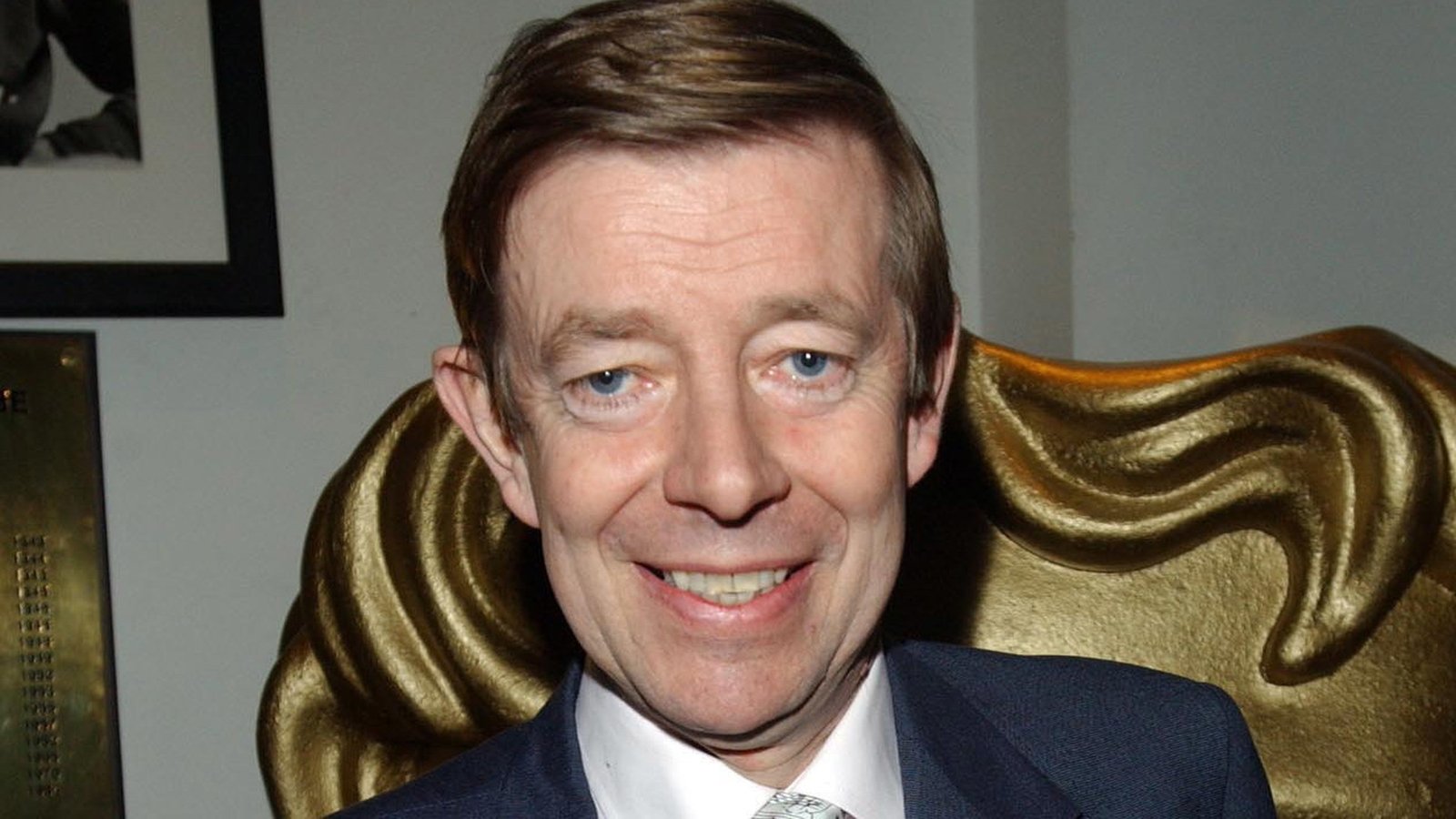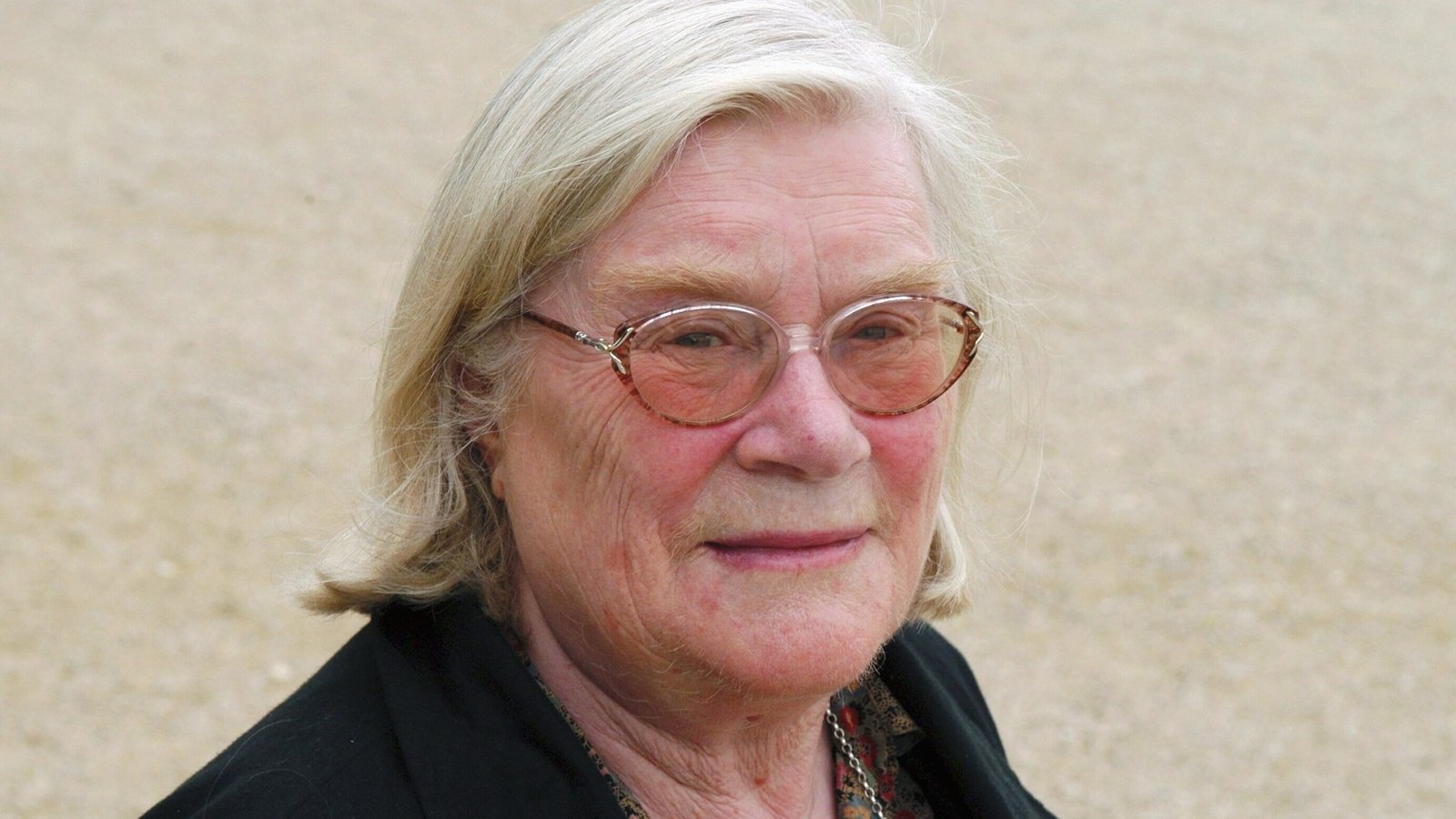Lets say for the sake of maths, it cost the NYT $1000 to research and write that piece. All things being equal, it would have cost the IT and the Guardian the same. However if the NYT sell the article to 2 overseas newspapers for $800, then the NYT makes a profit of $600 and the 2 overseas paper make a saving of $200
Thats what is happening in the newspaper industry these days
I managed to get around the NYT paywall somehow and found an obituary that seems clearly researched and written by a different person than that who wrote the Guardian obituary.
Yet in both cases, there is a focus on the opinions of Prof Maguire's colleagues in either UK or USA.
The IT obit is a sharply edited version of the NYT's. It doesn't seem to have absorbed the Guardian's obit's facts. It omits the Guardian's touching final paragraph about her star ex-student visiting her 2 days before her death with his Nobel medal.
The most important thing to a true academic is seeing their own ex-students succeed and extend the fields of the research they trained them in. Having one of them achieve the supreme accolade is a sure vindication of a lifetime of dedicated work. What could be more proper than to have that Nobel winner acknowledge his debt to his professor at the very close of their life. Thank God that the dons at UCL saw what was needed to be done. And thank God that The Guardian closed their piece with mention of her finale - even if the clowns at the IT set no store on it.
The NYT obit is attached below.
==============================================================================================================
NEW YORK TIMES
Eleanor Maguire, Memory Expert Who Studied London Cabbies, Dies at 54
By watching the brain process information, she discovered that a specific region plays a key role in spatial navigation — and that it can be strengthened like a muscle.
Eleanor Maguire in an undated photo. “She changed our understanding of memory,” said Chris Frith, an emeritus professor of neuropsychology at University College London.Credit...UCL Queen Square Institute of Neurology

By
Michael S. Rosenwald
Feb. 14, 2025
Eleanor Maguire, a cognitive neuroscientist whose research on the human hippocampus — especially those belonging to London taxi drivers — transformed the understanding of memory, revealing that a key structure in the brain can be strengthened like a muscle, died on Jan. 4 in London. She was 54.
Her death, at a hospice facility, was confirmed by
Cathy Price, her colleague at the U.C.L. Queen Square Institute of Neurology. Dr. Maguire was diagnosed with spinal cancer in 2022 and had recently developed pneumonia.
Working for 30 years in a small, tight-knit lab, Dr. Maguire obsessed over the
hippocampus — a seahorse-shaped engine of memory deep in the brain — like a meticulous, relentless detective trying to solve a cold case.
An early pioneer of using functional magnetic resonance imaging (f.M.R.I.) on living subjects, Dr. Maguire was able to look inside human brains as they processed information. Her studies revealed that the hippocampus can grow, and that memory is not a replay of the past but rather an active reconstructive process that shapes how people imagine the future.
“She was absolutely one of the leading researchers of her generation in the world on memory,”
Chris Frith, an emeritus professor of neuropsychology at University College London, said in an interview. “She changed our understanding of memory, and I think she also gave us important new ways of studying it.”
In 1995, while she was a postdoctoral fellow in Dr. Frith’s lab, she was watching television one evening when she stumbled on
“The Knowledge,” a quirky film about prospective London taxi drivers memorizing the city’s 25,000 streets to prepare for a three-year-long series of licensing tests.
Dr. Maguire, who said she rarely drove because she feared never arriving at her destination, was mesmerized. “I am absolutely appalling at finding my way around,” she once told The Daily Telegraph. “I wondered, ‘How are some people so bloody good and I am so terrible?’”
In the first of a series of studies, Dr. Maguire and her colleagues scanned the brains of taxi drivers while quizzing them about the shortest routes between various destinations in London
Dr. Maguire’s study on the human hippocampus, published in March of 2000, turned the spotlight on London taxi drivers. “I never noticed part of my brain growing,” David Cohen, a member of the London Cab Drivers Club, told the BBC at the time.Credit...John Lamb/Photodisc, via Getty Images
The results,
published in 1997, showed that blood flow in the right hippocampus increased sharply as the drivers described their routes — meaning that specific area of the brain played a key role in spatial navigation.
But that didn’t solve the mystery of why the taxi drivers were so good at their jobs.
Dr. Maguire kept digging. Using M.R.I. machines, she measured different regions in the brains of 16 drivers, comparing their dimensions with those in the brains of people who weren’t taxi drivers.
“The posterior hippocampi of taxi drivers were significantly larger relative to those of control subjects,” she
wrote in Proceedings of the National Academy of Sciences. And the size, she found, correlated with the length of a cabby’s career: The longer the cabby had driven, the bigger the hippocampus.
Dr. Maguire’s study, published in March 2000, generated headlines around the world and turned London taxi drivers into unlikely scientific stars.
“I never noticed part of my brain growing,” David Cohen, a member of the London Cab Drivers Club,
told the BBC. “It makes you wonder what happened to the rest of it.”
Dr. Maguire wondered, too: Why (and how) did their hippocampi grow?
She followed up with other studies. One showed that the hippocampi of bus drivers — whose routes were set rather than navigated from memory — didn’t grow. Another showed that prospective taxi drivers who failed their tests did not gain any hippocampus volume in the process.
The implications were striking: The key structure in the brain governing memory and spatial navigation was malleable.
In a roundabout way, Dr. Maguire’s findings revealed the scientific underpinnings of the ancient Roman “method of loci,” a memorization trick also known as the “memory palace.”
This technique involves visualizing a large house and assigning an individual memory to a particular room. Mentally walking through the house fires up the hippocampus, eliciting the memorized information. Dr. Maguire
studied memory athletes — people who train their brains to memorize vast amounts of information quickly — who used
this method, and observed that its effectiveness was “reflected in its continued use over two and a half millennia in virtually unchanged form.”
https://www.nytimes.com/2025/02/14/science/vishvaa-rajakumar-memory-techniques.html
But recalling information was only half the story.
In studying patients with damage to the hippocampus, including those with amnesia, Dr. Maguire found that they couldn’t visualize or navigate future scenarios. One taxi driver, for instance, struggled to make his way through busy London streets in a virtual-reality simulation. Other amnesiacs couldn’t imagine an upcoming Christmas party or a trip to the beach.
“Instead of visualizing a single scene in their mind, such as a crowded beach filled with sunbathers, the patients reported seeing just a collection of disjointed images, such as sand, water, people and beach towels,” the journal Science News
reported in 2009.
The hippocampus, it turns out, binds snippets of information to construct scenes from the past — and the future.
“The whole point of the brain is future planning,” Dr. Maguire was quoted as saying in Margaret Heffernan’s book
“Uncharted: How to Navigate the Future” (2020). “You need to survive and think about what happened when I was last here, is there a scary monster that will come out and eat me? We create models of the future by recruiting our memories of the past.”
Eleanor Anne Maguire was born on March 27, 1970, in Dublin. Her father, Paddy Maguire, was a factory worker. Her mother, Anne Maguire, was a receptionist.
Growing up, Eleanor was obsessed with “Star Trek.”
“My first scientific hero was fictional — Spock, science officer on the Starship Enterprise,” she told the journal Current Biology in 2012. “He embodied so much of what attracted me to science. He was inquisitive, logical, honest, meticulous, calm, fearless in facing the unknown, innovative and unafraid of taking risks.”
She graduated from University College Dublin in 1990 with a degree in psychology, and returned to earn her doctorate there after receiving a master’s degree from the University College of Swansea (now Swansea University).
Dr. Maguire joined the faculty at University College London in 1995 and never left.
She is survived by her parents. Her brother, Declan, died in 2019, also of cancer.
At Dr. Maguire’s memorial service, Dr. Price spoke about the energy and excitement her friend and longtime colleague generated at the lab, recalling that Dr. Maguire’s mother had called nightly to remind her daughter to go home.
“It wasn’t just a job,” Dr. Price said. “It consumed us, day and night.”
There was a sense that they were onto something big.
“We were among the first to use cutting-edge technology to peer inside the healthy, living human brain and witness its functions in action,” Dr. Price said. “It was an exhilarating and transformative time in neuroscience, and Eleanor’s curiosity and creativity were instrumental to numerous discoveries.”



